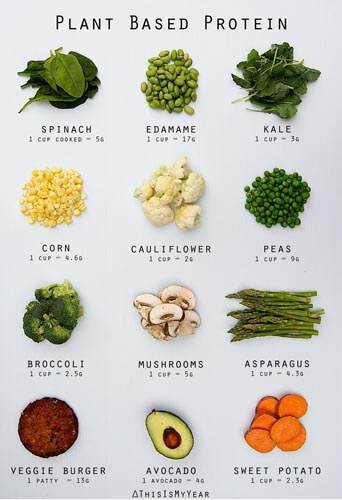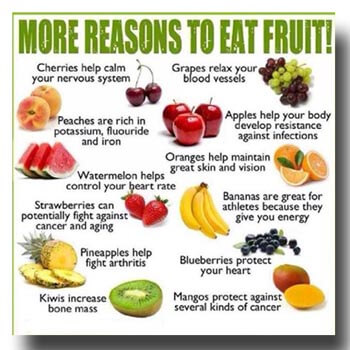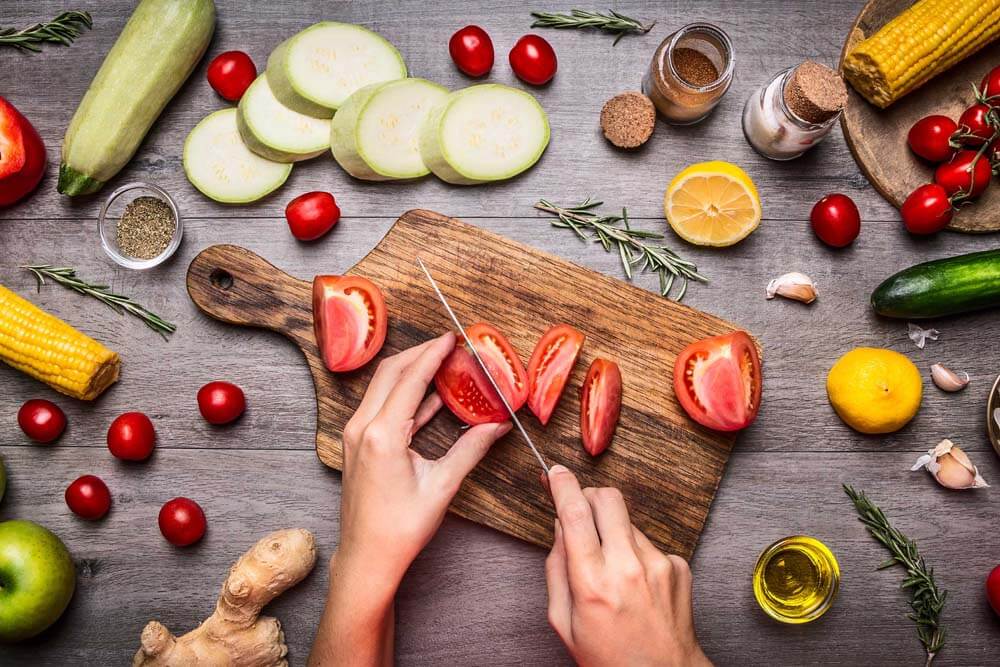People go vegan for ethical, environmental or health reasons. There is even one study suggesting a connection between pet ownership and vegetarianism in adulthood. Aside from these, weight loss is also one of them. Hoping to find a solution to their weight problems, people switch to different diets.
Atkins, Paleo, cabbage, military, low carb, high protein diet–you name it. The list goes on, however, there is one particular diet that is gaining popularity among dieters. Promoted by celebrities and athletes for weight loss is the vegan diet, also known as plant-based whole food diet. This diet excludes meat, fish, seafood, animal-derived products, and ingredients. It encourages clean eating.
Is weight loss guaranteed on a plant-based whole food diet?
There is evidence of significant weight loss on a vegan or vegetarian diet. Perhaps this is good news for those who want to switch to this diet. Yet, weight loss is much more complex. Factors  like genetics, environment, lifestyle and overall health also have a role in weight loss. Be that as it may, diet still has a share in achieving weight loss. Interestingly, there are also ways how a vegan diet can make or break your weight loss goals.
like genetics, environment, lifestyle and overall health also have a role in weight loss. Be that as it may, diet still has a share in achieving weight loss. Interestingly, there are also ways how a vegan diet can make or break your weight loss goals.
Does Being Vegan Promote Overeating?
Even on a vegan diet overeating is a problem for most people. One reason people overeat is related to portion size. As defined by Medline Plus, portion size is “the amount of food that you actually eat” while serving size is the recommended amount of food one should actually eat. In vegan restaurants, portion sizes of food may increase calorie intake. Even serving sizes of processed foods sometimes don’t reflect the recommended amount people should eat, which is why targeting weight loss without knowledge of these things doesn’t guarantee weight loss.
Well-informed food choices ensure balanced food intake. Making wise decisions on how much one should eat makes a huge difference. It also helps prevent unwanted weight gain.
Quality Is Even More Important
Quality is as important as quantity. When it comes to quality, whole foods are on top of the list. The same cannot be said for vegan processed foods, however, because not all processed foods are created equal. One should be wary of buying processed foods. Processed foods contain harmful compounds that contribute to weight gain. Examples include sodium benzoate, emulsifiers, and high-fructose corn syrup. These trigger obesity by disrupting hormones and causing inflammation and gut problems.
Quality is also another factor weight loss is not guaranteed in a vegan diet. Of course in a study setting, people lose a significant amount of weight on this diet, but when it comes to the application it sometimes falls short. Relying heavily on processed foods and being not well-planned compromise the quality of vegan diets also affecting weight loss.
Satiety and Satiation
There is a big difference between satiety and satiation and it has something to do with the macronutrients. This may also be helpful to take into consideration on a vegan diet. Satiety is the sensation of fullness after eating. It is what stops you from having another slice of cake or a scoop of ice cream after a meal.
On the other hand, satiation is the sensation of fullness while eating. When you can’t finish the food on your plate, it may be that you are already satiated. While high-fiber foods and fat offer satiation, proteins satiate the most. Fat, on the other hand, give the body the most satiety.
For non-vegetarians, it is easy to achieve satiety and satiation but for vegans, this may be a burden and another factor not to lose weight. Looking for alternative protein sources may be a bit of a challenge and this demands well-informed choices on what to eat, proper planning and food preparation. The same goes for other diets but this needs extra effort because this kind of diet is restricted one way or another.
Weight loss is definitely one of the biggest motivations for switching diets whether it be vegan or not. However, there is no magic diet that will ultimately solve all your weight problems. What is important is to educate oneself in health and nutrition and choose a diet that works for you. Make health the top priority and eventually, you will reap the added benefits (including weight loss) when you turn health not only as a discipline but also a lifestyle.

